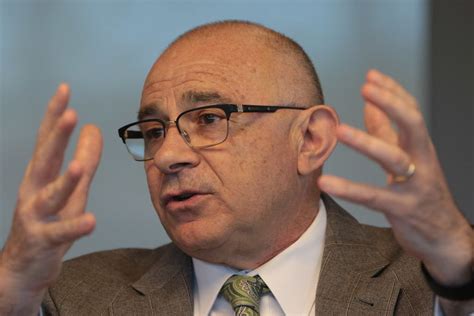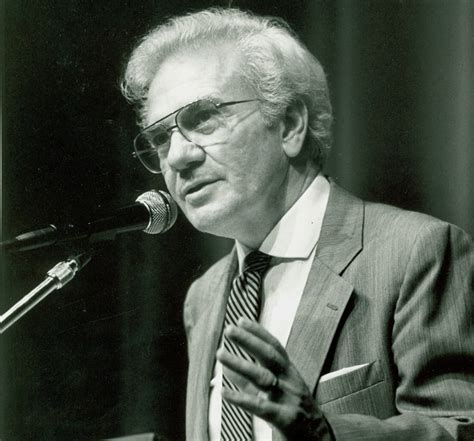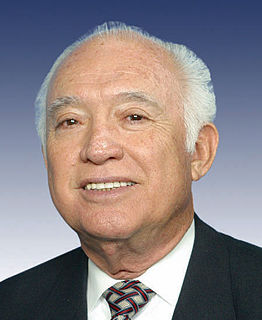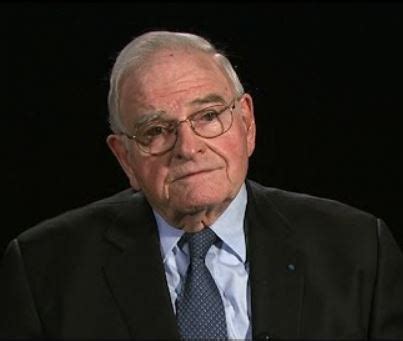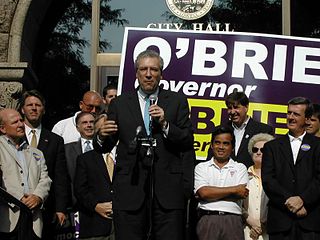A Quote by Sebastian Thrun
We need to make education so much fun that students can't help but learn.
Related Quotes
Formal education will make you a living; self-education will make you a fortune. A successful business owner never stops learning. They educate themselves on the things they need to learn, and they never stop growing. They never arrive at a certain point and think, ahhh... now I don't need to learn anymore.
If children are hungry, they need to be fed. It's hard to learn if your stomach is growling. We need to take that on. If students can't see the blackboard, need eyeglasses, we need to do that. If students need a social worker or counselor to work through the challenges they're facing at home in the community, we need to do that.
Public education for some time has been heavily focused on what curricula we believe will be helpful to students. Life-Enriching Education is based on the premise that the relationship between teachers and students, the relationships of students with one another, and the relationships of students to what they are learning are equally important in preparing students for the future.
The fact is that given the challenges we face, education doesn't need to be reformed -- it needs to be transformed. The key to this transformation is not to standardize education, but to personalize it, to build achievement on discovering the individual talents of each child, to put students in an environment where they want to learn and where they can naturally discover their true passions.
Students need to learn how to unlearn those elements of a market driven society that deform their sense of agency, reducing them to simply consumers or even worse to elements of a disposable population. So we need to understand who controls the means of public education and the larger forms of what Raymond Williams called the cultural apparatuses of permanent education both in terms of the dangers they pose and the possibilities they harbor.




